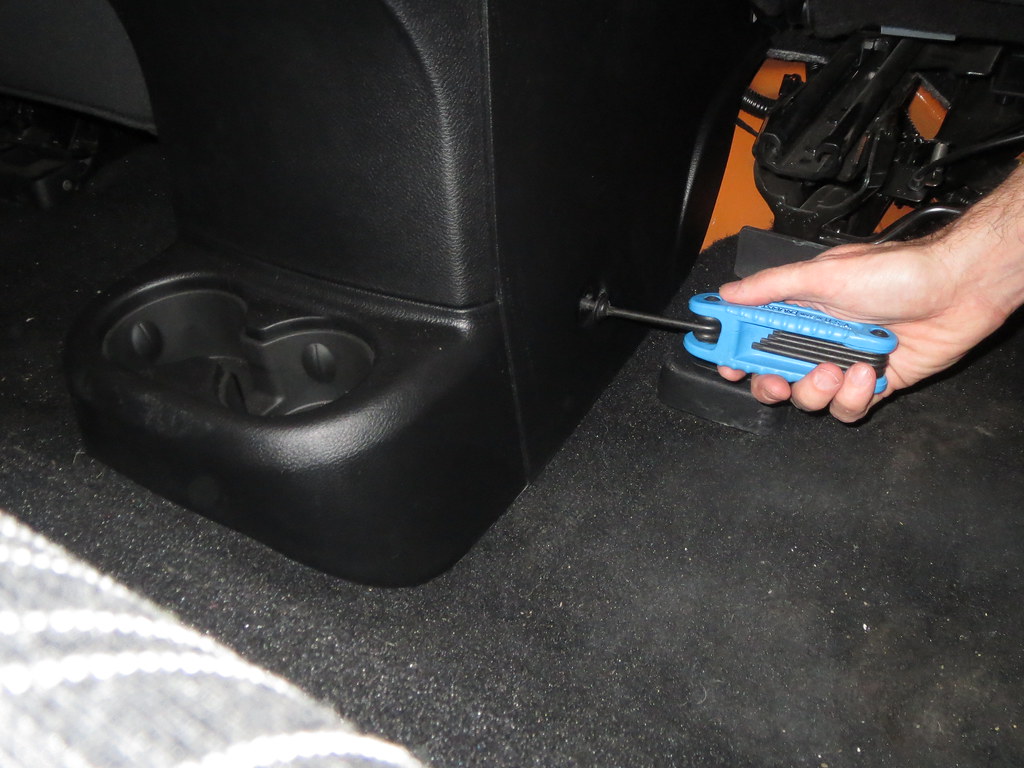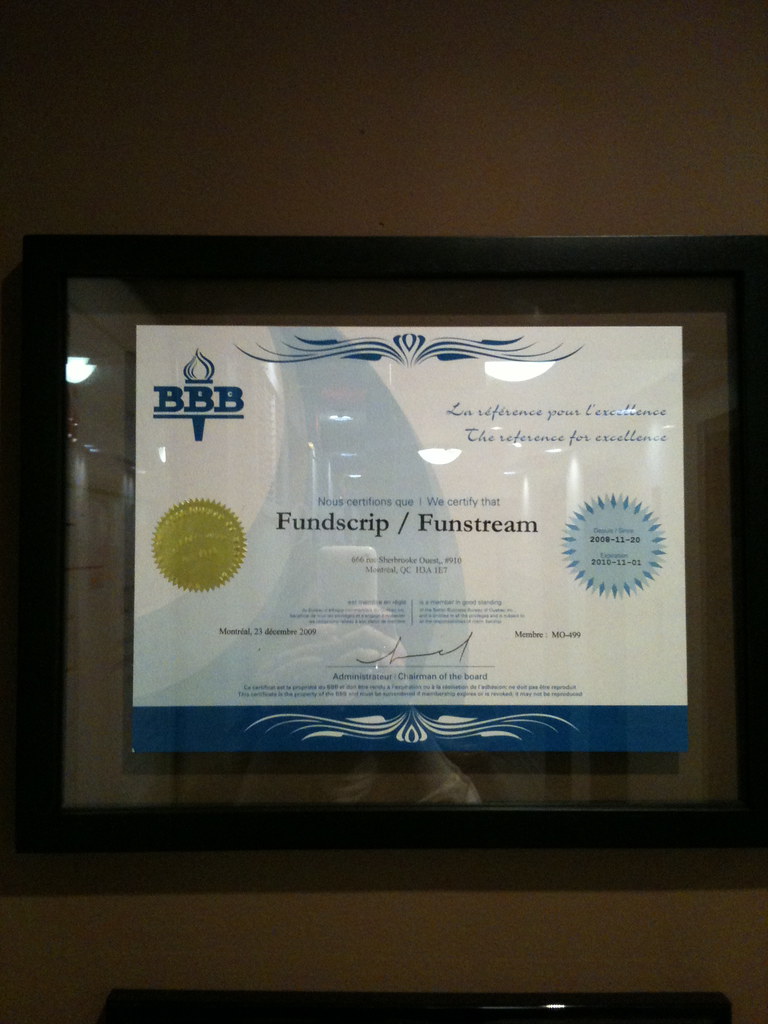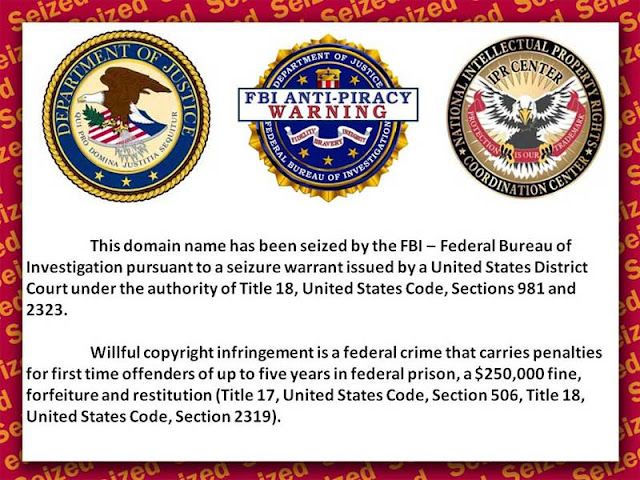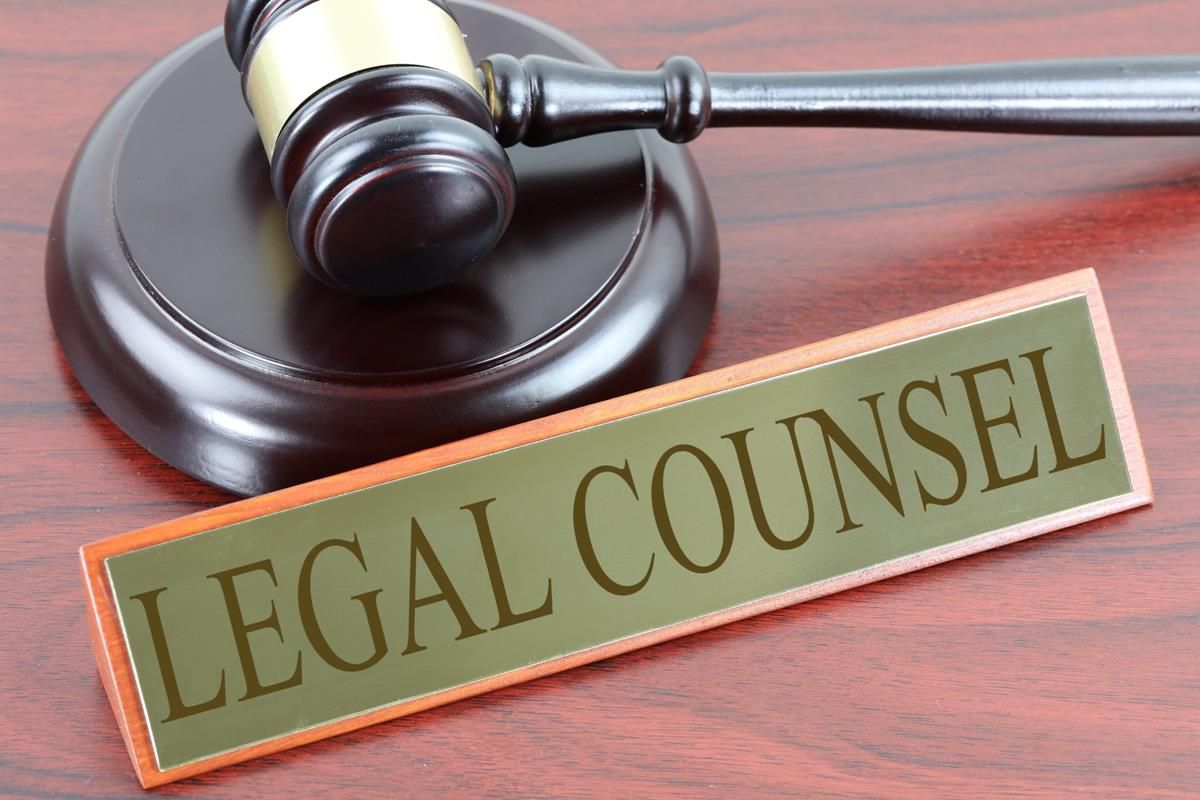
Purchasing a used car is often a journey fraught with anticipation, but it can quickly turn into a frustrating ordeal if you end up with a defective vehicle or an unscrupulous dealership. The dream of a new ride can swiftly become a financial nightmare, leading to unexpected repairs and endless headaches. Many car owners find themselves in this predicament, feeling powerless against what seems like a vast, complex automotive industry.
However, you are not alone, and more importantly, you are not without recourse. Navigating the world of car dealerships, whether you’re buying a used car or getting your current vehicle serviced, requires a keen eye and a solid understanding of your rights and the mechanics of the business. Empowering yourself with knowledge is the ultimate “sneaky trick” that transforms you from a potential victim into an informed, protected consumer.
This comprehensive guide, drawing on expert insights, will equip you with the practical, actionable knowledge you need. We’ll explore the critical laws designed to protect you, highlight the red flags to watch for, and provide a step-by-step roadmap for resolving disputes. Our aim is to ensure you can spot a bad car deal or a service rip-off long before it drains your wallet, helping you safeguard your investment and make truly informed decisions every step of the way.

1. **Decoding Consumer Protection Laws: Your First Line of Defense** When purchasing a used car, understanding consumer protection laws is paramount. These regulations are designed to shield buyers from unethical dealership practices. The Federal Trade Commission (FTC) enforces rules requiring dealerships to disclose key details about used cars, such as prior accidents or major repairs, through the “Buyer’s Guide.” This guide outlines warranty coverage and the vehicle’s condition, offering vital transparency.
State laws frequently provide additional protections. Many states have statutes addressing deceptive trade practices, applicable if a dealership misrepresents a vehicle’s condition or history. The Uniform Commercial Code (UCC) also establishes implied warranties, ensuring vehicles are fit for ordinary use. Knowing these legal foundations empowers you to challenge any misleading actions.

2. **Unpacking Lemon Laws: When Your Used Car is a Persistent Problem** Lemon laws, traditionally for new cars, may also apply to used vehicles in some states. This is a critical point for consumers facing persistent issues. These laws generally require a significant defect, covered by warranty, that remains unresolved after reasonable repair attempts by the dealership or manufacturer.
The defect must substantially impair the vehicle’s use, value, or safety. Buyers must give the dealership a reasonable opportunity to fix the issue, often defined by a set number of repair attempts or days the car is out of service. If these conditions are met, buyers may be entitled to a refund or a replacement vehicle, offering a powerful avenue for resolution.

3. **The Truth About Warranties: Express, Implied, and Extended Coverage** Warranties are pivotal in addressing issues with a used car, typically categorized into express warranties, implied warranties, and extended coverage. Express warranties are specific, concrete guarantees from the seller or manufacturer regarding the car’s performance or condition. These are often explicitly outlined within the sales contract, serving as a written commitment. The federal Magnuson-Moss Warranty Act mandates that such written warranties be clear and detailed, ensuring transparency. If a dealership fails to uphold an express warranty, buyers typically have clear legal avenues for recourse, making these documented promises a vital component of consumer protection.
Implied warranties, conversely, are unspoken but legally recognized guarantees that inherently arise from the sale of goods. For used cars, the “warranty of merchantability” ensures that the vehicle is fit for its ordinary driving purposes, meaning it should function reliably for its intended use. Additionally, the “warranty of fitness” applies if the seller has recommended a specific car for a particular use, ensuring it is suitable for that purpose. It’s crucial to understand that these implied warranties can be waived through “as-is” sales. However, if the dealership fails to properly disclose this “as-is” exclusion in a legally compliant manner, buyers may still retain their legal options under state law, a critical detail often overlooked.
Beyond these inherent protections, extended warranties offer an additional layer of security, providing coverage beyond the standard period. These vary significantly in what they cover, their duration, and their associated cost. Therefore, buyers must meticulously evaluate the terms and conditions of any extended warranty before committing. Furthermore, exercising due diligence on the reputation of the warranty provider is paramount, as some third-party providers have a documented history of denying claims or making the claims process exceedingly difficult. A thorough investigation ensures you purchase genuine protection, not just an additional source of frustration.

4. **Recognizing Common Dealership Deceptions: What to Watch Out For** Be aware of common complaints against car dealerships, as they often signal potential deception. Many consumers report significant mechanical issues right after purchase, like an engine failing the day after driving off the lot. This suggests undisclosed, serious pre-existing defects, undermining the value and safety of your investment.
False advertising or lying about a car’s history is another prevalent issue. A dealership might claim a car was never in an accident, only for later reports or independent inspections to show otherwise. Refusing to honor a warranty, whether express or extended, is a clear breach of contract when the car develops problems, leaving you to shoulder unexpected repair costs.
Further deceptions include not refunding money for canceled warranties, or crucially, failing to provide the title documents needed for ownership proof, which can leave you in legal limbo. Auto fraud, where advertised low prices are inflated with hidden fees and add-ons during the sales process, is also common. Vigilance against these specific patterns of deception can help you avoid being taken advantage of.

5. **The Art of Documentation: Building an Unbreakable Case** When disputing with a car dealership, proper documentation is not merely helpful; it is absolutely critical for resolving your grievances. Maintain meticulous records of your sales contract, all warranty details, comprehensive repair records for any work done post-purchase, and every piece of correspondence exchanged with the dealership (emails, texts, formal letters). These records confirm the terms of your agreement and any subsequent actions or communications.
Visual evidence, like photographs or videos of car defects, provides undeniable proof of the issues you are facing. Alongside visual evidence, a detailed log of all repair attempts, noting dates, times, who you spoke to, and the responses received from the dealership, strengthens your narrative. Receipts for payments demonstrate your financial commitment and any losses incurred, making your case concrete.
An independent mechanic’s inspection report is invaluable, offering an unbiased assessment of the vehicle’s condition from a neutral third party, lending significant credibility to your claims. Comparing this with dealership documents, such as a Carfax report, can reveal crucial discrepancies that expose misrepresentation. Clear and thorough documentation doesn’t just support your argument; it can be the decisive factor in proving fraud, misrepresentation, or breach of contract.

6. **Leveraging Public Platforms: BBB and Social Media Reviews** When your direct attempts at communication and even a formal demand letter are continuously ignored by a car dealership, it’s time to consider leveraging public pressure. Utilizing widely accessible review platforms such as the Better Business Bureau (BBB), Yelp, Trustpilot, and Google Reviews can be a remarkably powerful avenue for getting your complaint resolved. In today’s digital age, consumers routinely check online reviews before engaging with businesses. Dealerships, particularly those concerned about their online reputation and attracting new customers, often feel compelled to address negative public feedback to protect their brand image.
When your direct attempts at communication and even a formal demand letter are continuously ignored by a car dealership, it’s time to consider leveraging public pressure. Utilizing widely accessible review platforms such as the Better Business Bureau (BBB), Yelp, Trustpilot, and Google Reviews can be a remarkably powerful avenue for getting your complaint resolved. In today’s digital age, consumers routinely check online reviews before engaging with businesses. Dealerships, particularly those concerned about their online reputation and attracting new customers, often feel compelled to address negative public feedback to protect their brand image.
The Better Business Bureau (BBB) holds a unique and important position in this ecosystem. It operates as a non-profit organization, functioning as an intermediary between consumers and businesses. While it’s crucial to understand that the BBB is not a government agency and therefore lacks the legal authority to force a dealership to resolve a disagreement, its influence is still considerable. For dealerships that are accredited with the BBB, a failure to respond to a complaint can lead to the revocation of their accreditation, a significant blow to their perceived trustworthiness. Even for non-accredited businesses, any complaint filed becomes a permanent part of their BBB profile, visible to potential customers.
Filing a complaint with the BBB is a straightforward process, typically initiated through their website. Once submitted, the BBB forwards your complaint to the dealership within two business days and requests a response within 14 days. If no response is received, a second request is made. You will be notified of the dealership’s response, or lack thereof, and complaints are generally closed within 30 business days. While the BBB cannot enforce legal action, the public visibility of complaints and the potential impact on a business’s rating provide a strong incentive for dealerships to engage and seek a resolution, often making it a valuable step in your fight against deceptive practices.
The first section meticulously armed you with the foundational knowledge of consumer protection, warranties, and the crucial initial steps to take when a used car deal sours. We built a robust framework for documenting your case and even explored the power of public pressure through platforms like the BBB. But what happens when these efforts, as thorough as they are, still don’t yield a resolution? It’s time to escalate your fight, exploring more formal avenues for dispute resolution, and then, we’ll peel back the curtain on a different beast entirely: the dealership’s service department. Understanding its inner workings is the ultimate preventative measure against repair rip-offs and unnecessary expenses.

7. **Filing a Complaint with State Government Agencies: Upping the Ante** When direct communication, demand letters, and public reviews haven’t compelled a dealership to address your grievances, it’s time to involve higher authorities. Each state operates its own government agency or similar authority specifically tasked with consumer protection, often under the purview of the Attorney General’s office. These bodies serve as a formal avenue for lodging your complaint, signaling to the dealership that you are serious about pursuing a resolution and that your issue warrants official attention.
These state agencies can play a pivotal role, not just in mediating disputes but also, in some cases, in penalizing businesses found to be engaging in deceptive or illegal practices. While it’s important to understand that their intervention might not always lead to direct action or a guaranteed resolution in your favor, the act of filing a complaint creates an official record and contributes to a potential pattern of scrutiny for the dealership. It’s a formal step that can often encourage dealerships to reconsider their stance, knowing their actions are now under government review.

8. **Filing with Manufacturers and Federal Authorities: Broader Reach for Justice** Beyond state-level agencies, consumers also have recourse to federal bodies, notably the Federal Trade Commission (FTC), which plays a crucial role in monitoring consumer complaints and taking action against businesses with widespread violations. Filing a complaint with the FTC is an appropriate step for cases involving fraud or deceptive practices, as it helps the commission identify larger trends and potential systemic issues within the automotive industry. This collective data strengthens their ability to enforce regulations and protect consumers.
Additionally, depending on the nature of your complaint, you might consider filing a complaint directly with the car manufacturer. If your issue pertains to a recurring defect, a warranty that isn’t being honored by the dealership (but is backed by the manufacturer), or a safety concern, the manufacturer’s customer service or consumer assistance centers can be a valuable point of contact. This approach ensures your complaint reaches beyond the individual dealership, potentially tapping into a broader corporate responsibility mechanism designed to uphold brand reputation and product integrity.

10. **Seeking Expert Legal Counsel: Your Ultimate Advocate** When the dispute with a car dealership becomes particularly complex, involves significant financial losses, or simply cannot be resolved through any other means, consulting an attorney specializing in consumer protection or auto fraud becomes a wise and often necessary move. These legal professionals possess the expertise to thoroughly assess your case, navigate intricate warranty disputes, and recommend the most effective legal strategies tailored to your specific situation. Their involvement elevates your dispute from a consumer complaint to a formal legal matter, commanding serious attention from the dealership.
Many attorneys offer initial consultations, sometimes even free, to discuss your case and outline your potential options. Furthermore, some may work on a contingency basis, meaning their fees are contingent upon the successful resolution of your case, making legal assistance more accessible, especially when facing substantial financial strain. An attorney can represent your interests during negotiations, assist in drafting compelling legal documents, and, if necessary, represent you in court, significantly increasing your chances of achieving a favorable outcome, whether it’s a refund, repair, or replacement vehicle.

11. **Navigating Arbitration Clauses: Understanding the Fine Print of Your Contract** A critical, yet often overlooked, element in many used car sales contracts is the arbitration clause. This provision stipulates that any disputes arising from the contract must be resolved through arbitration, a private process conducted outside of traditional court settings. In arbitration, an impartial third-party arbitrator hears both sides of the argument and renders a binding decision, aiming to resolve the disagreement more quickly and with less formality than litigation.
While arbitration can offer a faster path to resolution, it’s vital for consumers to fully understand its implications. Arbitration may limit certain legal rights that would be available in court, such as the ability to appeal decisions or to join class-action lawsuits. The Federal Arbitration Act (FAA) generally supports the enforcement of these agreements, but courts may invalidate clauses deemed overly restrictive or fundamentally unfair. Before signing any contract, or when a dispute arises, carefully review any arbitration agreements and consider seeking legal advice to comprehend how it might impact your rights and options.

12. **Taking Them to Small Claims Court: When All Else Fails** If all other avenues—direct communication, demand letters, public complaints, state and federal agencies, and even legal counsel’s negotiations—fail to resolve your issue, and the financial damage remains significant, pursuing a small claims court lawsuit against the car dealership might be your final, powerful recourse. Small claims courts are designed to resolve disputes quickly and efficiently, often without the need for extensive legal representation, although having strong documentation is paramount.
Before initiating a small claims lawsuit, you should critically evaluate your case by asking key questions: Do you possess compelling evidence? Have you diligently attempted to resolve the issue directly with the dealership through various channels? Is the amount of money you are seeking within your state’s small claims limit? It is imperative to demonstrate to the judge that you have acted in good faith and exhausted all reasonable out-of-court resolution attempts. Additionally, researching the dealership’s background for similar complaints or lawsuits can reveal a pattern of behavior, which can be compelling evidence in your favor.
***
While the previous sections have focused on navigating problems with the purchase of a used car, the consumer’s battle against unscrupulous practices often extends far beyond the sales floor. The service department, ostensibly there to maintain and repair your vehicle, can become an equally treacherous landscape. Whether you’re facing unresolved issues from a recent purchase or simply bringing your car in for routine maintenance, understanding how service departments operate and how to spot their red flags is crucial. This insight can save you significant money, frustration, and ensure your vehicle receives the honest care it deserves.

13. **Unmasking Dealership Service Departments: How They Really Operate** To effectively navigate a dealership’s service department, you first need to understand its inherently complex, often “shark-eat-shark work environment,” as one expert describes it. Dealerships, despite their polished exteriors, typically operate in a state of “organized chaos,” lacking the integrated “teams” many consumers might imagine are working collaboratively on their problem. This internal dynamic can significantly impact your service experience and the information you receive.
Your initial point of contact upon arrival is often a service porter, whose role is primarily to direct you, not to diagnose your car’s issues. The true liaison between you and the actual technician is the service advisor. Their core skill lies in being knowledgeable about your car model and accurately interpreting the mechanic’s findings. However, this critical link can also be a point of failure; breaks in communication can occur if the service advisor is not entirely truthful, perhaps due to pressure, or if the technician, in a hurry, fails to relay all pertinent details about your car’s problem. Knowing these communication pathways helps you manage expectations and better advocate for direct access to the technician when necessary.

14. **Spotting Service Department Red Flags and Smart Strategies for Better Outcomes** Being vigilant is your best defense against bad service department practices. A major red flag emerges if a service advisor, typically busy and somewhat impersonal, suddenly becomes excessively friendly and helpful after something has gone wrong. This often indicates they are either attempting to “cover it up or trying to break the news to you gently.” Another clear warning sign is an advisor dismissing your questions with a vague “It’s too complicated to explain to you,” which usually means they themselves don’t fully grasp the technical details provided by the mechanic.
Furthermore, be wary of aggressive “upsells” for services like “flushes” or “cleaning,” especially when pushed before your car has even been thoroughly inspected, based solely on its mileage. These often translate to “We need you to help us fill our quota” rather than a genuine need. To counteract these tactics, approach the service department honestly but strategically: never admit upfront that you know nothing about cars, as this makes you an easy target. Conversely, don’t pretend to be an expert. Instead, clearly and honestly explain your car’s symptoms and any previous work done, even if you suspect it was flawed, as this crucial information helps the technician achieve a quick and correct diagnosis.
If problems do arise, maintain a civil demeanor; yelling will not resolve the issue and may result in refusal of service. Address the service advisor calmly and give them an opportunity to rectify any mistakes, keeping your expectations realistic – minor cosmetic damage might occur, but expect an effort to make it right rather than a brand-new part. Always follow the chain of command, addressing issues with your service advisor before escalating to higher management. Finally, if you encounter a service advisor or technician who provides excellent service, acknowledge their efforts with a pleasant conversation or praise. This not only builds rapport but also empowers you to request them specifically for future maintenance, fostering a trusting relationship crucial for long-term vehicle care.
***
Equipped with this knowledge, you are no longer a passive participant in the complex world of car dealerships and service centers. From understanding your consumer rights and leveraging legal avenues to deciphering the inner workings of a service department, you now possess the ‘sneaky trick’—the informed perspective—that transforms you into an empowered consumer. This comprehensive guide serves as your roadmap, ensuring that you can confidently navigate the automotive landscape, spot potential rip-offs before they happen, and ultimately safeguard your hard-earned investment. Make informed decisions, protect your wallet, and drive away with peace of mind.



